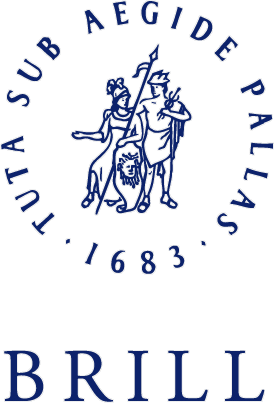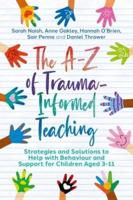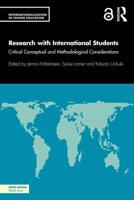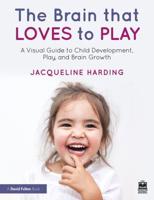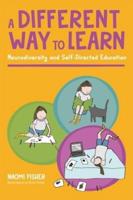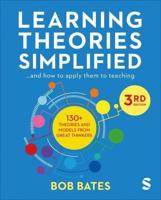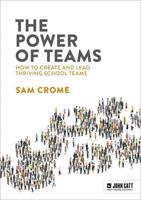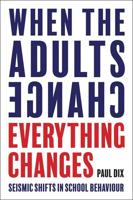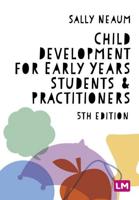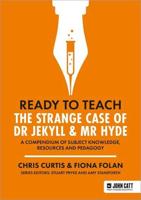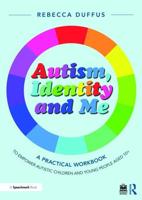Publisher's Synopsis
The word 'reflect' appears in curriculum documents, in texts, in proposals, and in plans. No proposal appears complete without the word. To reflect is evidently a good thing, but what does it mean? It is not just being reasonable. Without a grasp of what it means to reflect how is it possible to implement the proposals and plans? This book tackles the problem of what it is to reflect. In doing so it examines the importance of reflection for a flourishing human being and its place in two major areas of human thought and education—science and ethics. Science is essentially a reflective activity and the teaching and development of science must acknowledge this. The acquisition and practice of the virtues is also essentially a reflective activity as is evident in both the Aristotelian and the Confucian traditions. To be prudent, for instance, is to be reflective. The teaching of science and the learning of the virtues depend upon the development of the capacity to reflect. Reflection appears to be an activity that is distinctive of human beings. This book will be of interest to teachers and those responsible for the administration and development of education, whether it be primary, secondary or tertiary. It also has something to say to anyone who is responsible for planning for the future. And, as we all do that, it has something to say to all of us.Tony Gibbons is an adjunct Senior Lecturer at the University of South Australia. After teaching science and mathematics in UK secondary schools, he trained teachers at Colleges in the UK before moving to South Australia where he taught Philosophy. Having qualified in law he appeared as a barrister in refugee cases both in Australia and overseas during the 1990s, before returning to Philosophy, in particular, virtue ethics.

